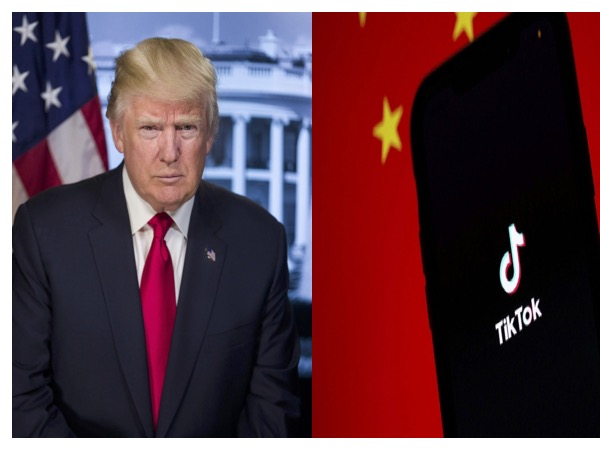On Jan. 19, TikTok was formally banned in the United States in response to data security concerns listed in the Protecting Americans from Foreign Adversary Controlled Applications Act, H.R. 7521.
However, just 14 hours later, the app was once again made available to users. Though TikTok is still functioning, it was unavailable in the app store for several weeks. Now, security concerns loom large as the company has until April 5 to find an American buyer.
For students who use the app, the government’s confusing position — and the abrupt turnaround on TikTok’s legality — have been hard to grapple with.
“While I do think that the government is doing the right thing by making sure we’re safe, they are also encroaching on free speech,” said John Baptista, a 19-year-old business student at Diablo Valley College.
The TikTok Newsroom reported that “over 170 million Americans” use the platform, representing more than a third of the entire country. Newly-elected President Donald Trump has been credited by TikTok’s CEO, Shou Zi Chew, for saving the platform when he signed a 90-day delay on the federal ban.
Following the signing of the legislation to pause the ban, President Trump said, “It’s passed in Congress and gives the president the power to make a deal or to close it.” He later added that TikTok would need to sell “half of the company to the US,” likely to a “private party,” before the pause ends in order to remain in operation in America.
But Hudson Pergamit, a second-year DVC student, expressed concerns with this premise, saying, “While it makes it more reliable and potentially trustworthy by being owned by the U.S., I do feel the government has the power to use this bit of control for the wrong reasons.”
U.S. government officials have raised fears that ByteDance, Tiktok’s parent company, is in a position to sell American users’ data to China.
However, Pergamit said he feels “like the ban was more of a tactic to force TikTok into selling, instead of a genuine concern for the users’ data.”
In a heated U.S. Senate hearing, Chew was pressed on his political and cultural affiliations, when Arkansas Sen. Tom Cotton asked him, “Have you ever been associated or affiliated with the Chinese Communist Party?”
Chew responded, “No, Senator. Again, I’m Singaporean.”
In a follow-up statement to Fox News, Cotton said, “It’s entirely reasonable to pursue a line of questioning about whether he himself, like his company, is subject to the influence of the Chinese Communist Party.”
Though often adversaries, Republicans and Democrats in Congress came together to enforce TikTok’s temporary ban on Jan. 19-20. Now America and its 170 million TikTok users wait as the app’s future in the country hangs in the balance.








































































Terry Smith • Feb 25, 2025 at 9:59 pm
It does seem forcing to sell is another way to curtail freedom of speech and twist the truth of information…
Main stream media companies are also going through major changes right now, and it’s quite concerning!